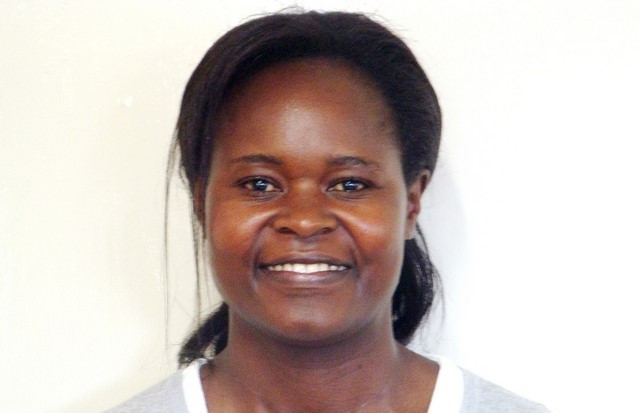Nutrition experts on Tuesday, March 19, 2019 called for adoption of open data system to help solve nutrition problems in Kenya.

The experts said that the use of open data would enable nutritionists get information on malnutrition from rural parts of Kenya in time and help lower the current 1.3 million children who are suffering.
The experts call for re-allocation of funds, employment of qualified staff and partnership engagement to help improve the current status.
“Nutrition problem is a major challenge to achieving the country’s vision 2030 and Sustainable development Goals (SDGs) Kenya,” Esther Omosa, senior nutrition specialist at the feed the future, Kenya accelerated value chain development programme, said during a workshop on open data for nutrition in Nairobi.
Omosa said that cases of stunting, underweight and anemia are on the rise in children in the country.
She said that currently 26 percent of children aged five years are suffering from stunting while four percent are wasted, and 11 percent underweight hence the need to intensify nutrition programs through an open data system.
“We need open data system to avail information on food consumption especially fruits and vegetables to keep populations healthy,” she added.
Omosa told a workshop that has been convened by African Centre for Advanced Technology (ACAT) and Technical Centre for Agricultural (CTA) that food production is declining in the country because farmers lack necessary data on weather and seeds.
Omosa called for the development of comprehensive programs on data needed by developing people’s capacity.
“This will enable us scale up and diversify farming as well as improve the targets and commitments,” she added.
Boniface Akuku, director of Information, Communication and Technology at Kenya Agriculture and Livestock Organisation (KALRO), said that the technology would make it easier for experts to gather information and act within a short time.
Akuku said that once open data is fully operationised in the country, cases of malnutrition in far flung rural areas will end as information will be received and acted upon on time.
He noted that, with latest development in communication, experience based on evidence has been passed with time.
“With the advent of computers, information gathering has been automated on data form for easier communication,” he added.
The official revealed that lack of up-to-date data is to blame for delay action by policy makers who lacks data to make the decisions.
The workshop was funded by Global Open Data for Agriculture and Nutrition (GODAN) and the Ukaid.By Duncan Mboyah
